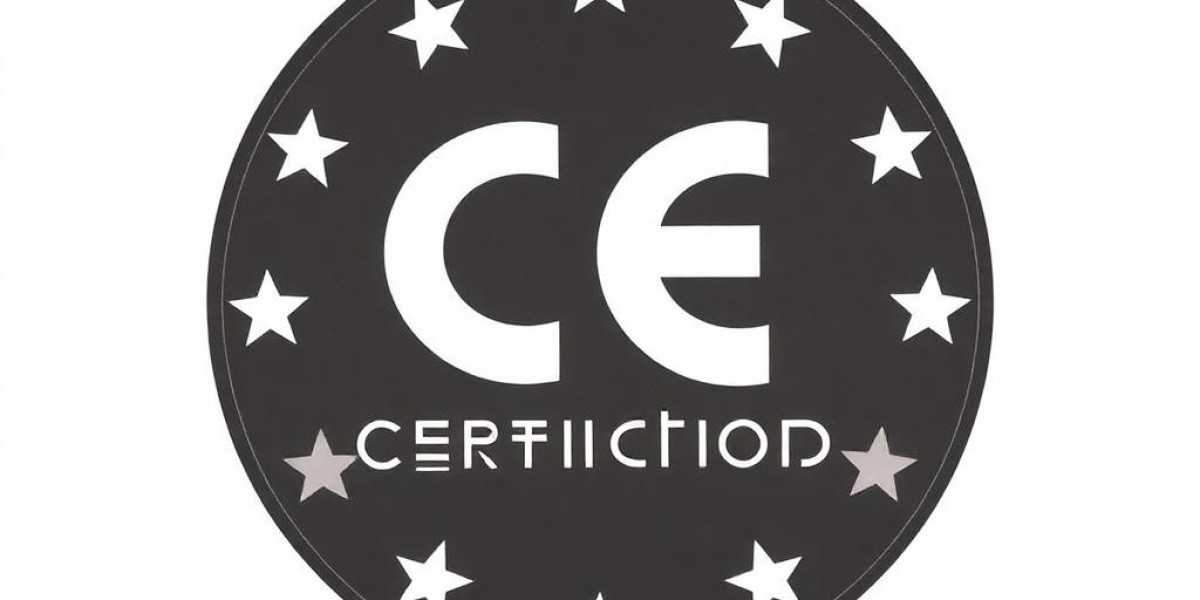1. What is CE Certification?
CE Certification is a mandatory conformity marking required for products sold within the European Economic Area (EEA). It signifies that a product meets the essential health, safety, and environmental protection standards set by the European Union (EU). The CE marking ensures free movement of goods across EU member states and provides consumers with confidence in product safety and quality.
2. Importance of CE Certification
CE certification is crucial for businesses looking to sell their products in the European market. It serves as a declaration by manufacturers that their products comply with relevant EU directives and regulations. Without CE certification, products may be restricted from entering the market or even face legal consequences. Additionally, the certification enhances brand reputation, builds consumer trust, and ensures product reliability and safety.
3. Steps to Obtain CE Certification
The CE certification process involves several steps, depending on the type of product and applicable regulations:
Identify the Applicable Directive(s): Different products fall under different EU directives, such as medical devices, machinery, or electronics.
Assess Product Requirements: Determine the essential health, safety, and environmental requirements your product must meet.
Conduct Product Testing: Perform necessary testing and risk assessments to ensure compliance.
Compile Technical Documentation: Prepare a technical file that includes product specifications, test reports, risk assessments, and user manuals.
Declaration of Conformity (DoC): Sign a self-declaration stating that the product complies with relevant EU directives.
Affix the CE Mark: Once compliance is confirmed, the CE mark can be placed on the product.
4. Challenges and Common Mistakes in CE Certification
Many businesses face challenges in obtaining CE certification, including misunderstanding regulatory requirements, incomplete technical documentation, and insufficient testing. One common mistake is assuming that CE marking is a one-time process; however, continuous compliance checks and updates are necessary to meet evolving regulations. Seeking guidance from CE certification experts or authorized bodies can help streamline the process and avoid costly errors.
Conclusion
CE certification is essential for ensuring product safety, regulatory compliance, and market access in the EU. By understanding the requirements, following the certification process carefully, and maintaining compliance, businesses can successfully expand their reach and gain consumer trust. Investing in CE certification not only enhances product credibility but also ensures adherence to high-quality standards in the European market.










